Graphic from National Public Radio: “This is a non-comprehensive list of deaths at the hands of police in the U.S. since Eric Garner’s death in July, 2014.” Since its posting, Tony McDade, a Black transgender man, was shot and killed by Tallahassee police on May 27, 2020. There may have been others.
Dear fellow alums,
“What am I doing every single day to force myself to think about racism and white supremacy? What am I doing every single day to stop the killing of Black people?”
To our Black alums: We are sorry. We are failing you. We resolve to do better. To our white and non-Black POC alums: We need to do better. The questions above are posed to white people, in particular, by Tamika Butler on her blog. With regard to those questions, we need to address them individually, as well as leverage the power and privilege contained within this club.
Inaction is not an option, as in the face of virulent white supremacy and police brutality, it implicitly supports the racist and discriminatory status quo. The issue extends beyond police violence – housing (including homelessness) is a racial justice issue, healthcare is a racial justice issue, voting is a racial justice issue, education is a racial justice issue, mass incarceration is a racial justice issue, income inequality is a racial justice issue, LGBTQ+ rights are a racial justice issue, and the list goes on. We must, as individuals and as a collective, take an actively anti-racist stance and work toward a more equitable world that values people over property and asserts that Black Lives Matter.
We invite all of our community members to share your ideas with us here, so that we might build that better future together – with the acknowledgement that in order to be real allies, we need to defer to those closest to the pain (in this instance, Black, Indigenous and People of Color – BIPOC), listen to them, and support their visions.
A note about the survey: While responses will be anonymous, we do ask for demographic information that we have not previously collected – on race/ethnicity, gender, disability, and sexual orientation. We ask these questions not to pry, but to develop a clearer picture of our membership (to reject “color-blindedness”) and to place the feedback we receive in context. This will enable us to “center the margins,” as urged by Black feminist theorist bell hooks. We recognize this is sensitive information and so it will not be shared with anyone outside the board of the club.
If you are white and need more information and resources, the Club recommends engaging with materials put out by Showing Up for Racial Justice (SURJ). Racial Equity Tools has information that can be helpful to all of us. Educating ourselves is necessary and ongoing work. We have no time to waste.
If you read the above and feel confused in any way, have any general questions, want more information, materials, or resources, please feel free to reach out to us at mountholyoke@gmail.com. We are happy to connect with you.
In solidarity,
The Board

